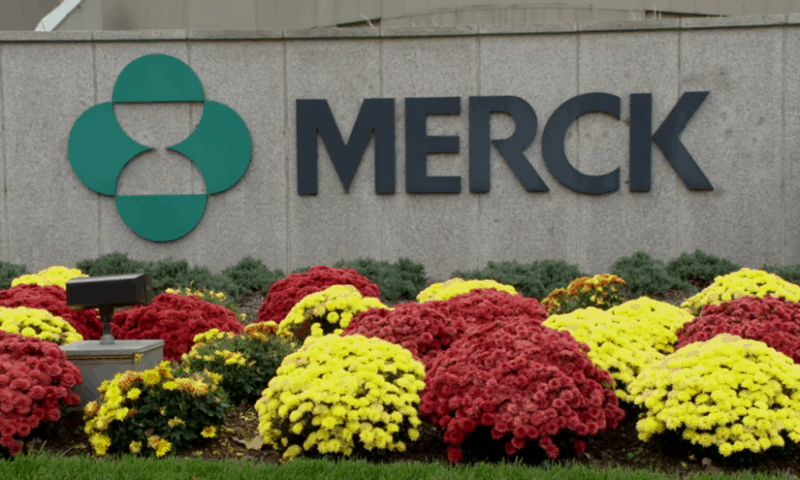Merck has secured global licenses to two CAR-NK programs from Artiva Biotherapeutics. The deal gives Merck control of two off-the-shelf solid tumor cell therapies in return for $30 million upfront and potentially many times that in milestones.
In recent years, Merck has established Keytruda as a cornerstone of cancer treatment but stayed on the sidelines as some of its peers have moved into cell therapies. The lack of activity reflected a view that, while the first CAR-T therapies were breakthroughs for some blood cancer patients, the sector needed to make major advances to treat solid tumors and produce cell therapies on a large scale.
Merck has identified Artiva as a company that could make those advances, leading it to team up to develop CAR-NK therapies. The $30 million upfront covers two therapies. Merck can option a third therapy for a further $15 million and is on the hook for up to $612 million in milestones per program. All told, Merck could end up paying out more than $1.8 billion in the unlikely event that all the drugs are successes.
The therapies are based on natural killer (NK) cells rather than the T cells found in early CAR-Ts. NK cells offer multiple potential advantages over T cells, including their ability to penetrate tumors and freedom from graft-versus-host disease that simplifies the creation of off-the-shelf treatments. Those strengths have attracted a growing list of companies including Fate Therapeutics and Nkarta.
With NK cell therapy biotechs proliferating, Merck could have entered the field by partnering with any of a number of companies. Artiva CEO Fred Aslan, M.D., said Merck picked his company after “a deep landscape review” and “significant diligence.” Aslan sees Artiva’s work to industrialize cell therapy as a key motivator for Merck’s choice of partner.
“Artiva’s goal is to make efficacious cell therapies accessible to all patients who may benefit from them. To that end, Artiva has a manufacturing-first philosophy, with a differentiated platform for highly scaled manufacturing and off-the-shelf delivery of cryopreserved allogeneic NK and CAR-NK cell therapies derived from umbilical cord blood,” Aslan said.
Under the terms of the deal, Artiva will develop the programs through to their first GMP campaign and IND preparations. Merck will then take over for clinical and commercial development, leveraging the oncology expertise it has built up as Keytruda has gone from strength to strength.
Artiva’s role in the project builds on its experience developing its internal candidates. The internal pipeline is led by the clinical-phase AB-101, an unmodified NK cell therapy designed for use in combination with rituximab, and also features preclinical CAR-NK therapies against HER2 and CD19. The use of CARs to target cell therapies could improve the therapeutic activity and specificity of the agents.
Other NK cell therapy startups are pursuing similar strategies—moving into the clinic first with an unmodified candidate while working on follow-up CAR-NKs—but Artiva sees the logistics of its model as attractive to pharma companies.
“Our NK cell therapy platform and focus on creating accessible NK cell therapies aligns with the pharma business model. In other words it’s similar to traditional biologic therapeutics, with a fully realized, very large scale, manufacturing process at a state-of-the-art facility and end-to-end cold-chain,” Peter Flynn, chief operating officer at Artiva, said.
The umbilical cord blood used by Artiva as the starting material for its therapies is rich in NK cells. However, some other developers of NK cell therapies, including Fate, argue induced pluripotent stem cells are preferable due to their scalability and homogeneity.

